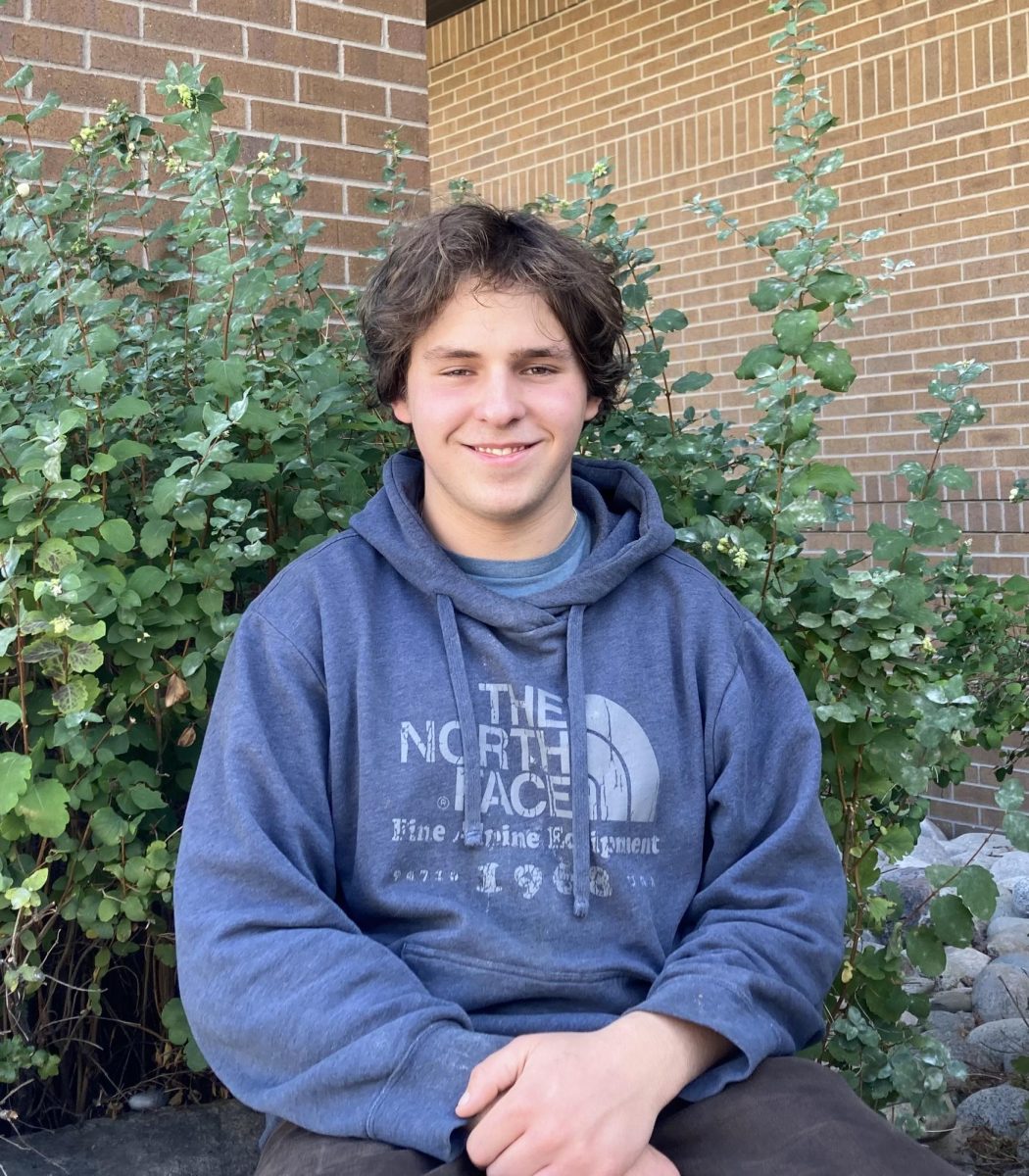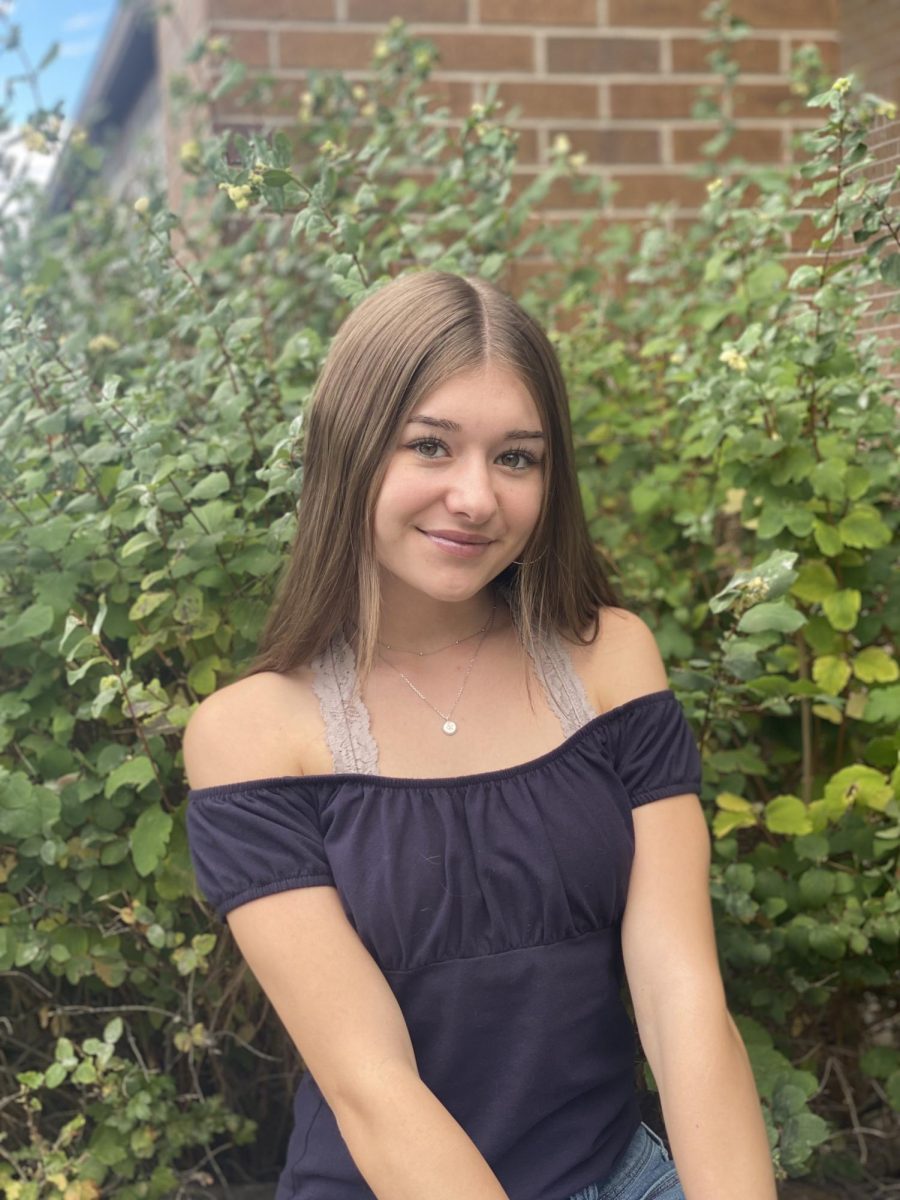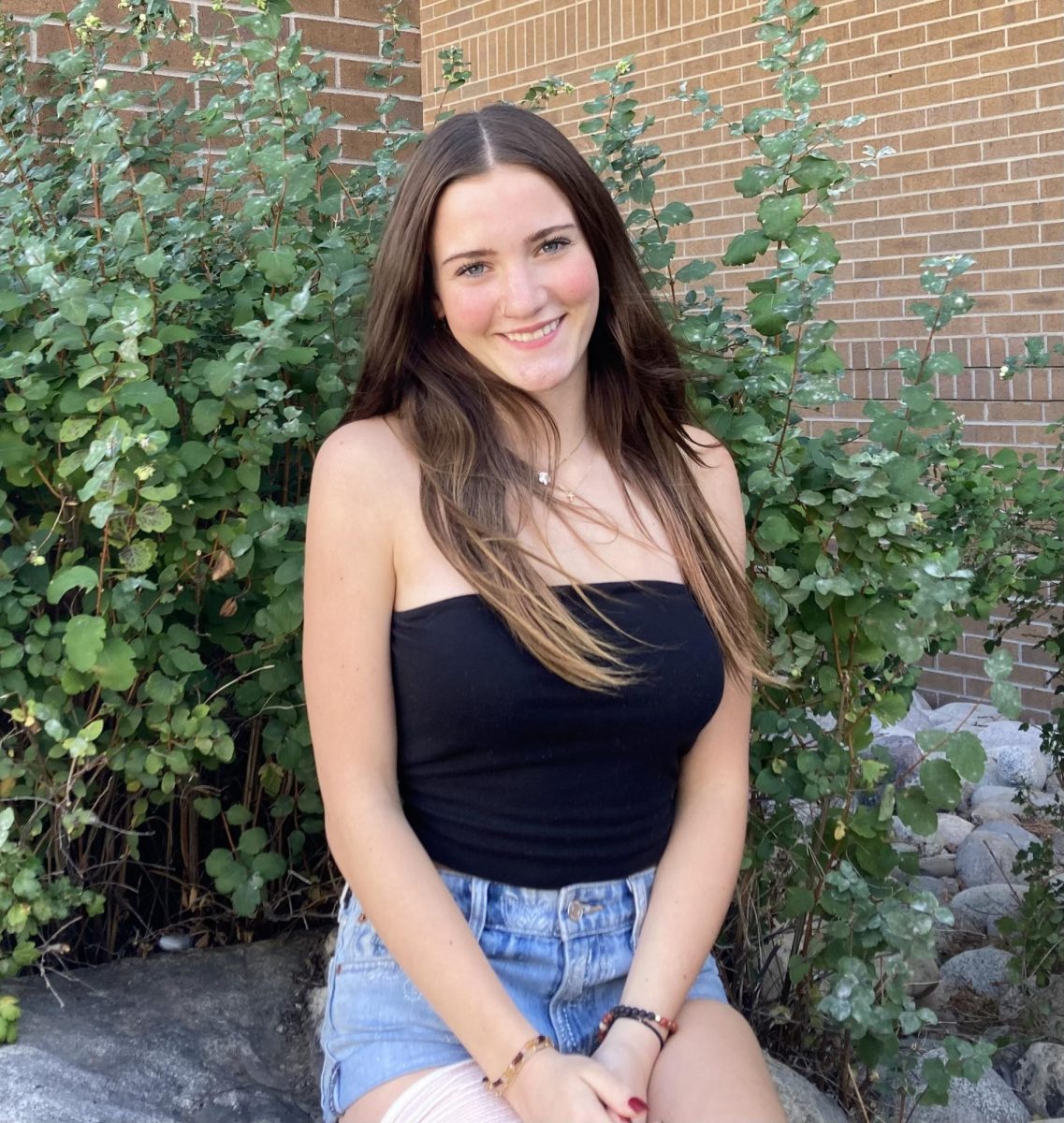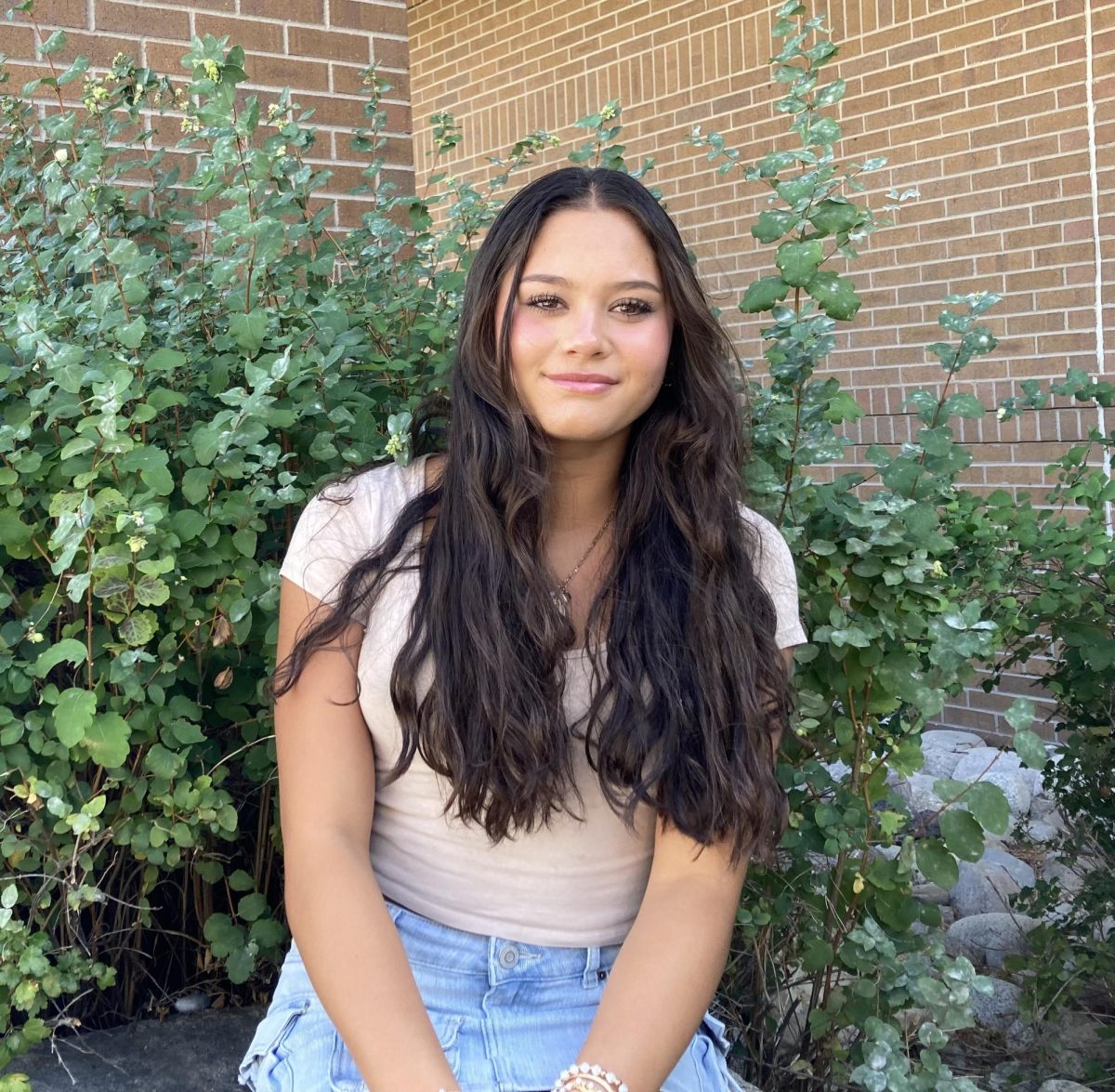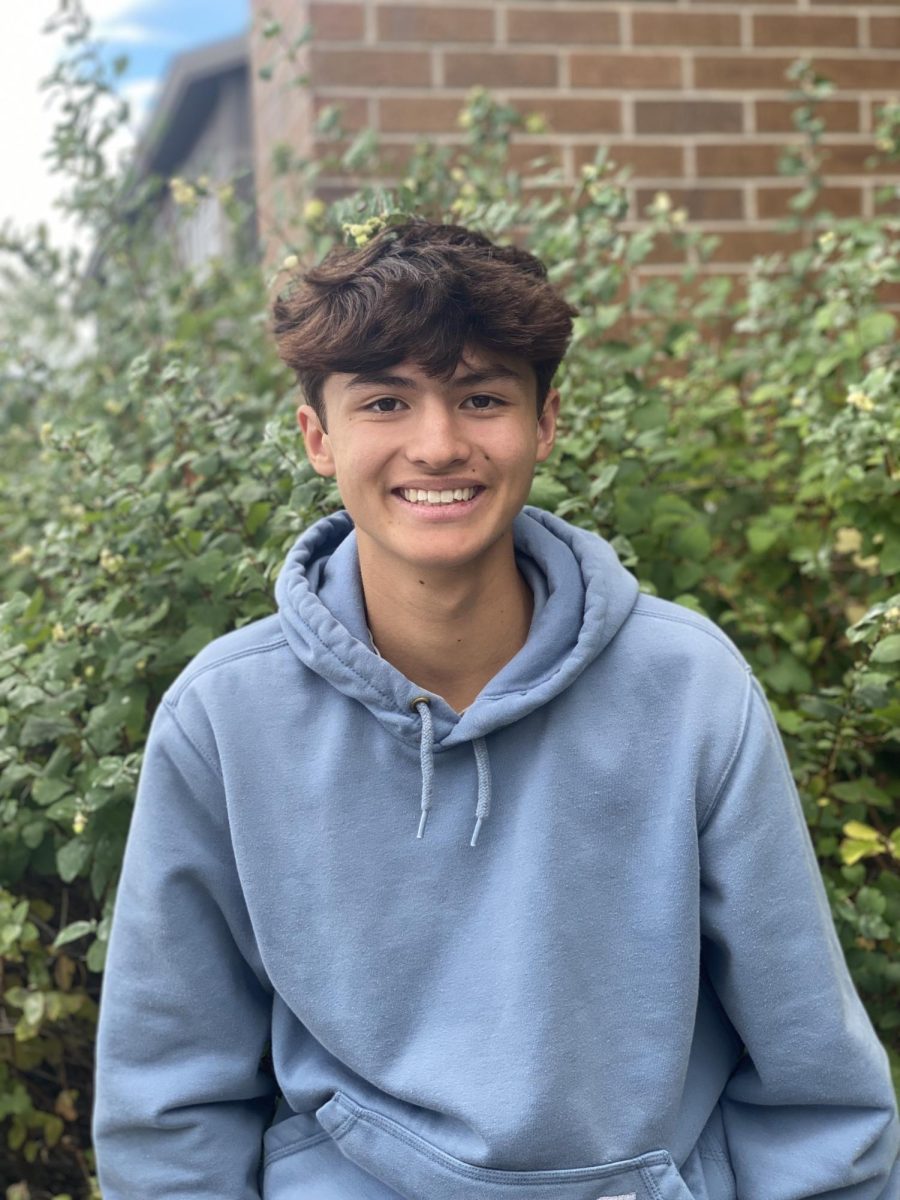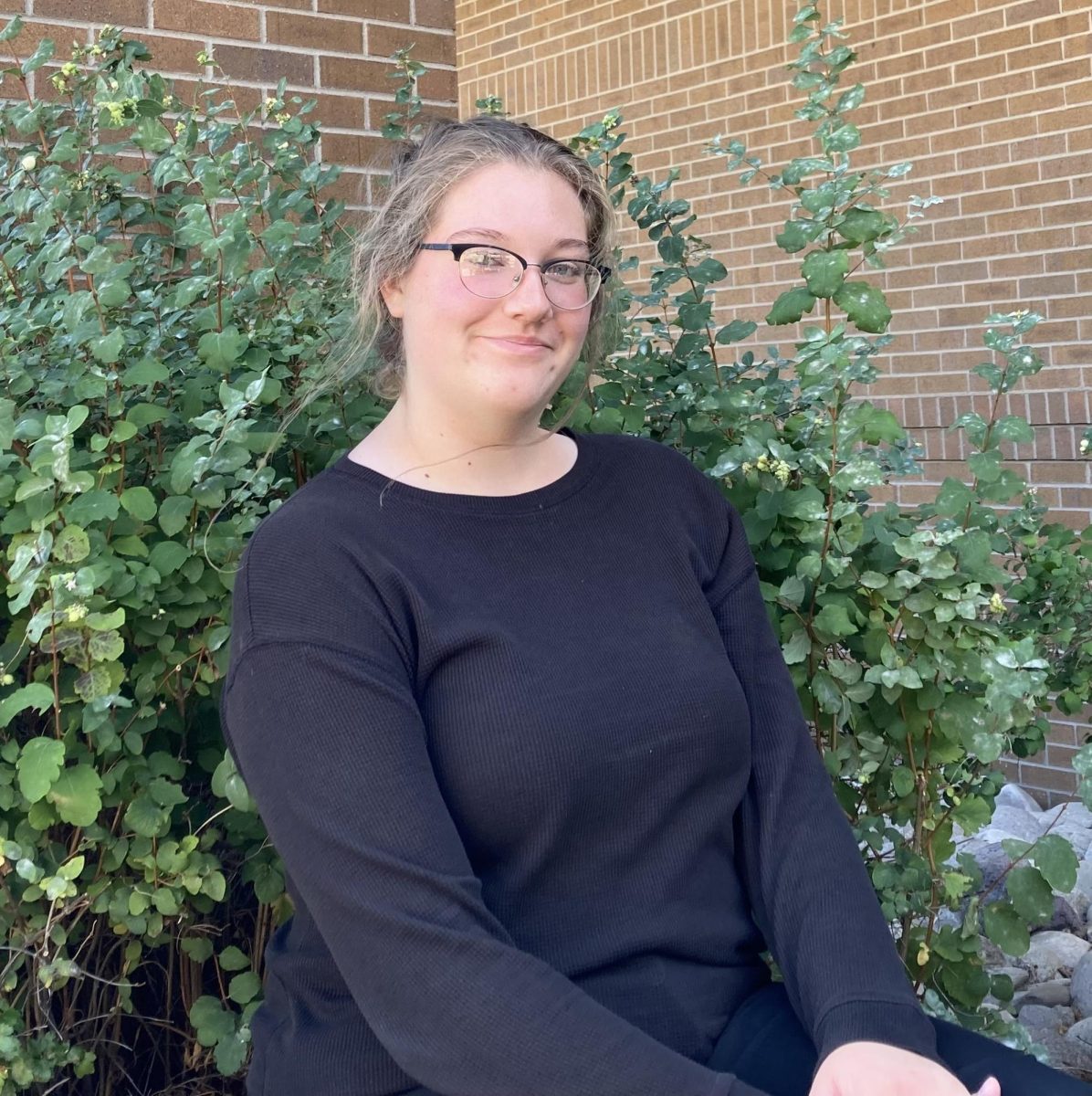There’s a moment near the end of the film, directed by Stephen Chbosky, “The Perks of Being a Wallflower” where Charlie, the passive observer turned reluctant protagonist, says something about feeling infinite. Not good, not even happy, infinite. It’s the kind of line that, if you’re older than 25, you might scoff at. You might dismiss it as the naïve musings of a kid who hasn’t yet learned that infinite doesn’t always feel like it’s cracked up to be. But that would be a mistake.
That word infinite isn’t just a fleeting sentiment. It’s a hit of clean mescaline under a planetarium sky. It’s not just words, but an experience: raw, visceral, pulsing through the veins of existence, cutting through the numbing monotony of suburban life and the shallow notion of “normalcy.” Whether chemically or emotionally induced, it offers a glimpse of something beyond, something otherworldly. It’s an ode to the degrading nature of normalcy because normalcy, after all, is often just a cage in disguise.
Then there’s Charlie, a boy who’s more of a human aperture than a person. Everything passes through him: emotions, experiences, the grief of others, the grief of himself that he doesn’t yet have words for. He’s a sponge for the world’s pain, soaking it up, internalizing it, even as he’s never quite sure how to process it. He is, in the most tragic sense, aware–radically aware. Aware of everything, down to the smallest, quietest moments. Of how people feel, often more deeply than they do themselves. Of how his presence might weigh on them, how it might feel like a burden they don’t know how to shake. He’s aware of the silences between conversations, the ones that scream louder than any words ever could. He’s aware of the sharp edges of joy, the kind that always cuts just as it begins to feel safe, just as it begins to feel real.
There’s a trap associated with self-consciousness, that kind of hyper-awareness that doesn’t lead to clarity, but to paralysis. It’s a state where you’re too aware of everything and everyone around you to actually live in the moment. Charlie lives in this space. His emotional acuity, his sensitivity; they’re not just traits of his character: they’re survival mechanisms. Shields against a world that demands more than he can give, and a way of keeping people at a distance so that their weight doesn’t crush him.
But here’s the thing: while that awareness is suffocating, it’s also a kind of armor. It’s a defense against numbness, against the void that stretches out when you realize that you’re not really living but merely existing. In a world where everyone else seems to be moving on, Charlie stays still—too still, sometimes. But in his stillness, there’s truth. In his ability to observe without ever truly intervening, there’s an understanding of things most people miss. And there’s beauty in that. Even if it’s painful, even if it’s infinite in the most excruciating way possible.
It’s always better to be a wallflower, an observer, a witness to the wildness, than to be trapped inside the box that everyone else is too afraid to step out of. To be infinite is to be free, and that is what Charlie became.

